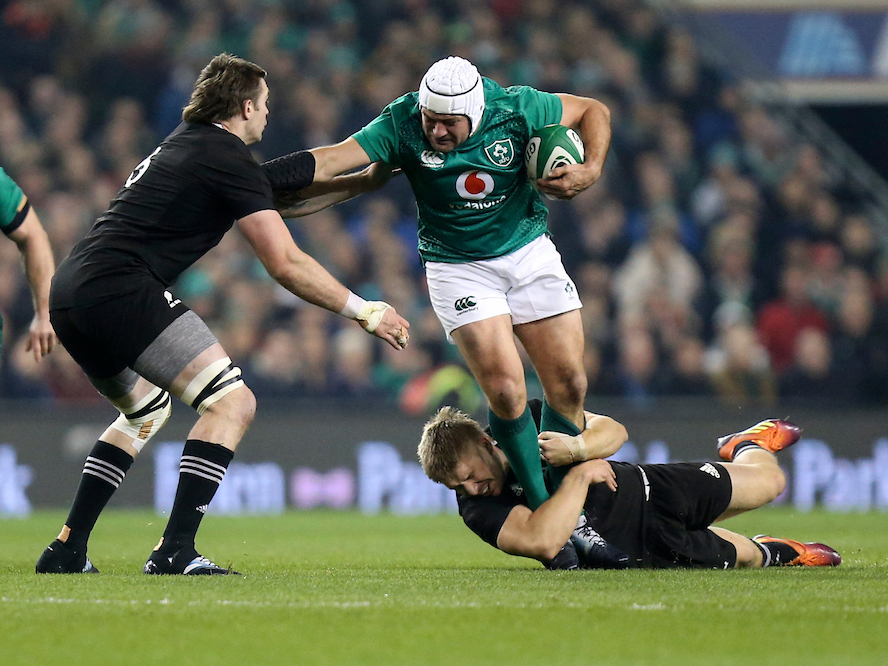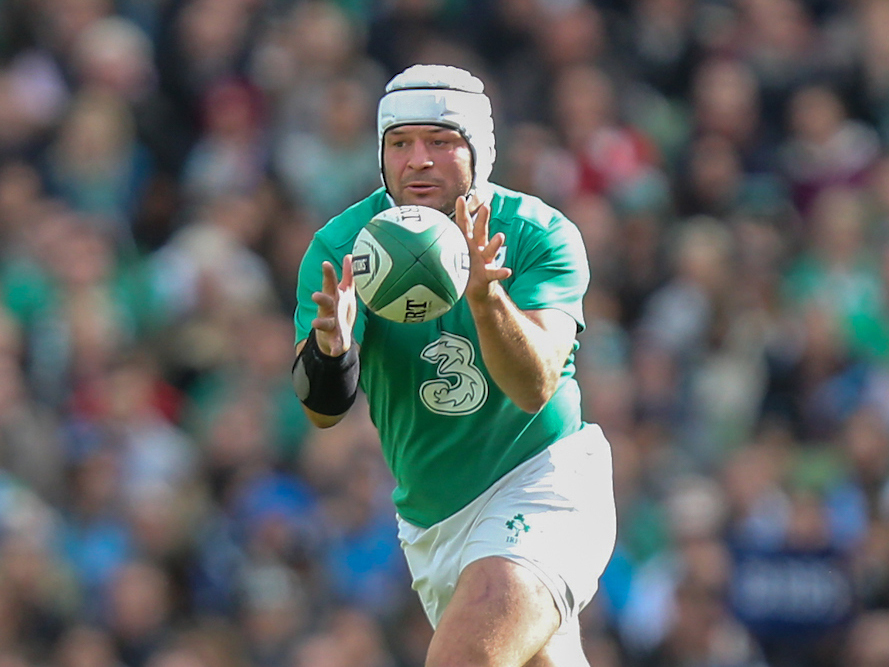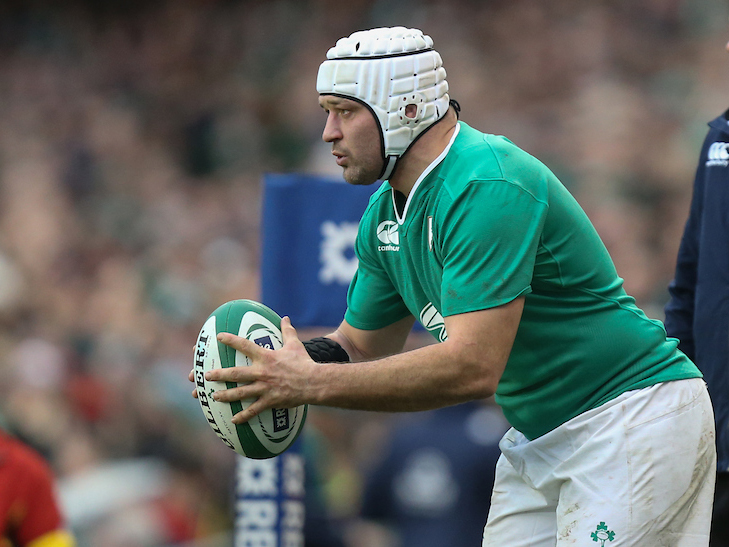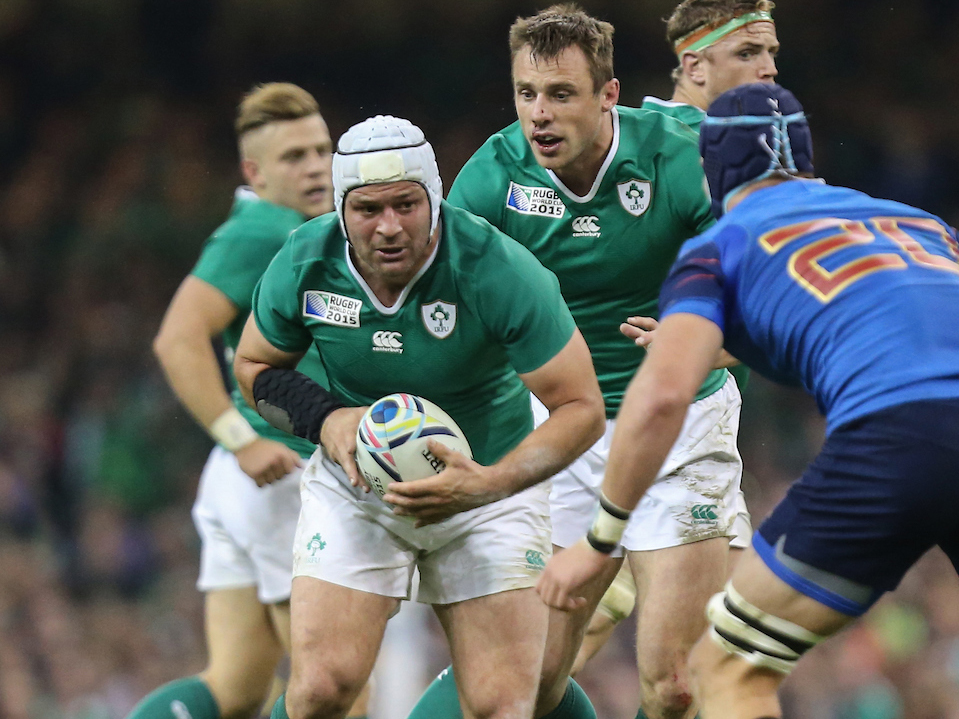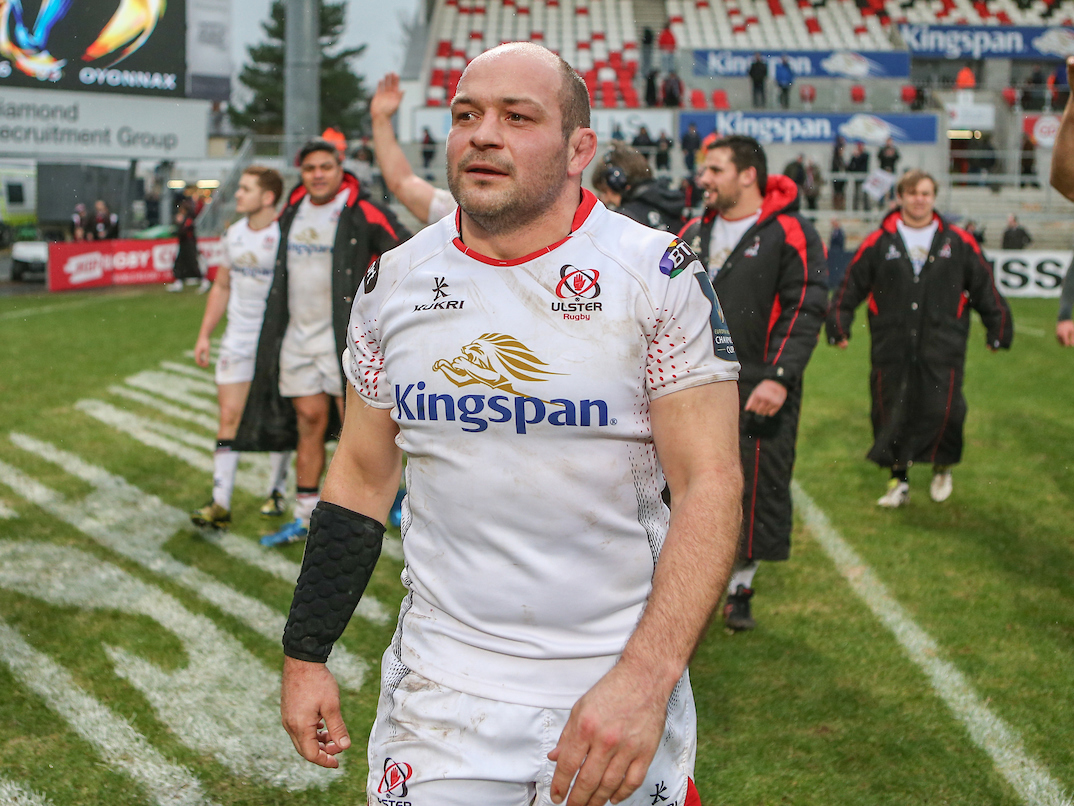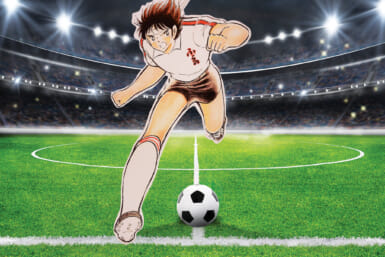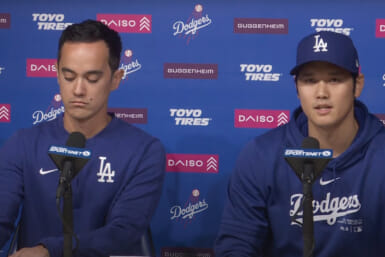On April 18 2019, amongst the cacophonous clicks and shutters of cameras at a press conference in Belfast, an emotional Rory Best announced his retirement from professional rugby with “mixed feelings.” It’s a decision that will come into effect at the end of the Rugby World Cup in Japan this autumn, closing the lid on a career that’s spanned 15-plus years at the top level.
“No player representing Ulster Rugby has had a more profound impact in the professional era than Rory… He has been our all-encompassing talismanic figure for more than a decade,” said Bryn Cunningham, director of operations at Rory’s club, Ulster, at the time of the announcement.
The 36-year-old Best is one of the most celebrated captains in Irish history, having amassed 117 international caps to date, 36 of which have been as captain. During his tenure Ireland have chalked up a series win over Australia, a Six Nations Grand Slam (in 2018), and have risen to their highest ever position of second in the official IRB World rankings. And in the final international game of 2018, Best led the men in green as they triumphed over New Zealand at home for the first time in history.
I spoke with the Northern Ireland native about his thoughts on Japan, the ever-looming 2019 Rugby World Cup and the emotions that accompany bowing out of a long and illustrious professional sporting career.
Japan and the 2019 World Cup
To date Rory has only been to Japan once, “that was in 2005 I think” he recalls. On that occasion, the purpose of his visit was a far more leisurely one. His brother Simon, also a former international rugby player, was playing for Ireland in that summer’s tour of Japan. Rory tagged along with his family for the holiday.
“The second test was in Tokyo I think” he tells me (it was). “I really enjoyed the city, the speed of the way things go in the middle of Tokyo, it seemed like a place that has something for everyone”.
Four years later in July 2009, it was announced that Japan would have the honor of hosting the 2019 Rugby World Cup. “When it was first announced I thought I had no chance of still being around” Rory candidly admits.
It felt like a great opportunity to knuckle down, see how long I could last and give myself every opportunity to go somewhere as exciting as [Japan] to play in a World Cup.
But after feeling in “pretty good shape” following the last iteration of the competition in 2015, his attitude shifted. “Joe [Schmidt] asked me to captain the side as long as I could, and with it being in Japan I wanted to give myself every opportunity to be there.
The three World Cups Best has competed in, to date, were held in France, New Zealand and England. He says competing in Japan offers a completely different experience in a place he might not have the chance to visit again.
“It felt like a great opportunity to knuckle down, see how long I could last and give myself every opportunity to go somewhere as exciting as [Japan] to play in a World Cup,” he says.
World Cup Preparations
With the World Cup being somewhere so culturally and climatologically unique, I wondered how this factored into Rory and the team’s preparations.
“At the last World Cup we arrived on the Wednesday to play on the Saturday, the last possible date that every country had to be in residence, because it’s just a hop across the pond [to England],” says Best. “Whereas this time around, 10 days out we’ll be in situ in the country to give us a bit of time to acclimate.”
He also notes that Ireland toured Japan two summers ago, “which was a nice little dry run,” though several of the team’s marquee players didn’t make the trip as they were representing the British Lions down in New Zealand.
Like many professional athletes, Rory has a bit of a superstitious streak, which plays a part in his personal preparations. He says he doesn’t want to know the match venues, just the fixtures. “I don’t want to jinx myself too much by planning,” he says. “I’m just a bit odd that way. I don’t like to chance fate.”
A Chance to Create History
Ireland had a lackluster Six Nations campaign in 2019, which was exacerbated because of the heights they had hit the previous year. Rory says the downturn is something from which the team can learn, and ultimately, a tool to galvanize them going forward into the World Cup.
“You’ve gotta learn lessons, it would be naive to sweep things that don’t go well under the rug. That’s a lesson that we learned in 2007,” he says (referring to Ireland’s dismal World Cup campaign in France that year). “You’ve got to look at it and try to understand why we didn’t perform to the level that we have been. We have to be fairly brutal with ourselves and aim to be better. In saying that, this is a fresh start for us now, at the start of the summer.”
In spite of the reality check, Rory is positive about the nation’s prospects of reaching a first ever World Cup semi-final this autumn.
“Excitement is definitely building,” he says. “It’s a World Cup, it’s every four years and I think going in with a realistic chance of doing well in it and creating a bit of history in terms of reaching the last four, that excites you and gets you going.”
He even admits that a poor first half of 2019 may work in Ireland’s favor. “We’ll be playing with a little chip on our shoulders. We’ve been questioned after the Six Nations and we need to channel all of that.”
Saying Sayonara to Professional Sport
With Rory’s career coming to an end in the near future, I imagined it was a fairy-tale finish, being able to captain your country to a World Cup. “Massively” he agrees. “I mean that is ultimately how you want to go out, playing in the greatest competition in the world against the greatest players. The World Cup gives you that opportunity.”
Though he is all too aware that the process of saying goodbye to professional rugby won’t be straightforward. “I struggled a little bit at the end of the Six Nations, with the emotion of the last ever home game,” says Best. “I’d be a reasonably level character but I just found the peaks and troughs in emotion tough. I just want to prepare and play as hard as I can, the way I’ve done through my whole career and when that final whistle blows in the final game, I’ll cope with it whichever which way it is, but I’ll try not to give it much thought between now and then.”
Whether Ireland’s World Cup campaign ends in glory or heartbreak, we will be saying goodbye to one of the true greats of Irish rugby. Here’s to hoping that it’s a fitting farewell.

